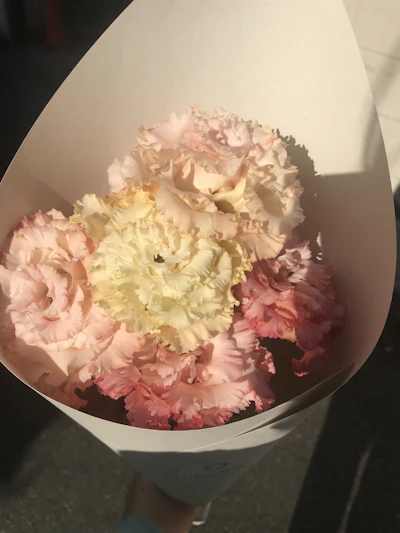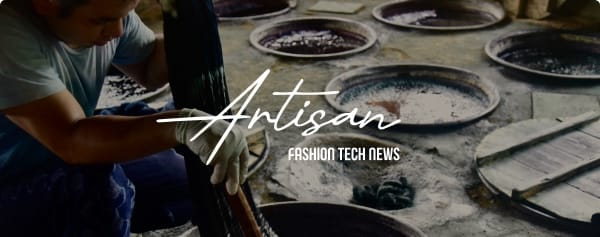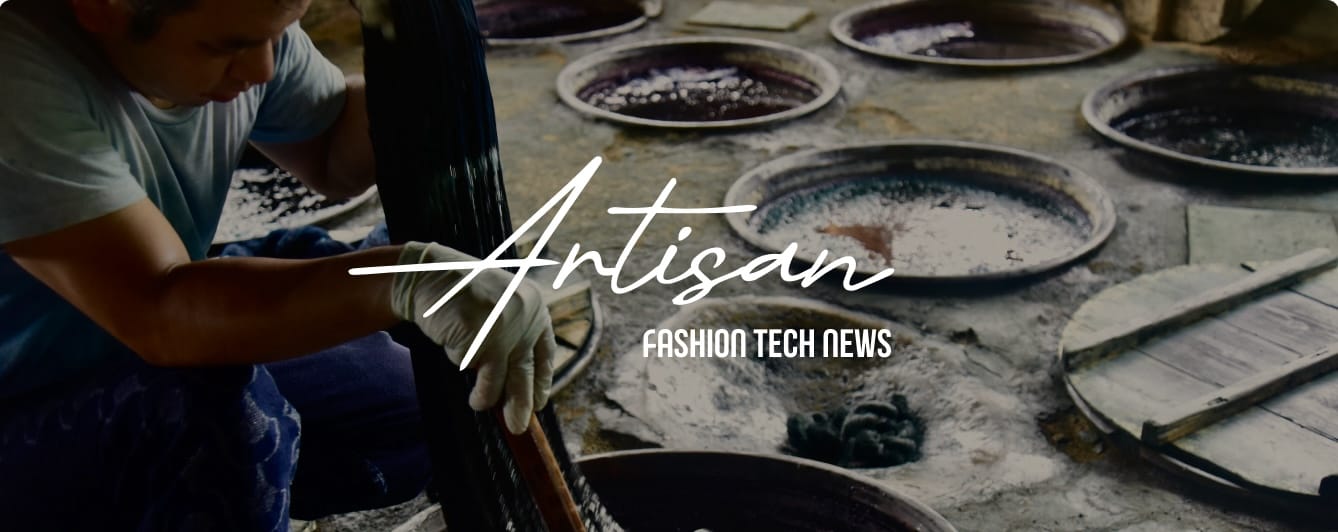2025.07.04FRI
Relay Column: Can Diverse Beauty Be "For Me"? – Considering the "Unpredictability" of Fashion (Aiko Oguchi)

PROFILE

Aiko Oguchi
First-year doctoral student in the Gender Studies program at Ochanomizu University. My areas of expertise are sociology, gender studies, and men's/male studies. I am conducting research on men's beauty behaviors, including men's makeup and hair removal, within contemporary Japanese society.
"You look wonderful! Since you're so slender, it really suits you!"
"You have double eyelids, so the eyeshadow colors look great on you!"
In a clothing fitting room, it’s about body slimness. At a cosmetics counter, it’s about double eyelids and fair skin. As part of the communication used to recommend products, there are times when we are complimented on the aspects of our bodies that happen to align with the "conventional beauty standards" encapsulated by the products. Most of the time, I just smile ambiguously, but I can’t shake off the unsettling feeling and fatigue that comes with it.
From "Uniform Beauty" to "Diverse Beauty"
The discomfort I feel from such "compliments" likely arises from the implication that a slender body with fair skin and double eyelids is desirable. However, in recent years, alongside the currents of feminism and the rights movements of minorities including LGBTQ+, there has been a growing advocacy for moving away from "uniform beauty" and respecting "diverse beauty."As a close example for this graduate student, in recent years, many university Miss and Mister contests have been abolished or reevaluated. (1) Similar messages can also be seen in advertisements from the beauty industry. Kanebo Cosmetics’ "KATE" brand promotes the phrase, "Break the rules that bind you," followed by the following message.
This article is for members only.
Please register to read the rest of the article.
What you can do with a membership
- Read members-only articles
and use text-to-speech. - Unlimited article favourites
and browsing history. - Attend members-only events.
- Get the latest information
with our email newsletter.
Share Article
CONCEPT VIDEO
"fashion tech news" Unveils New Logo & Concept Video
TOP ARTICLES
RELATED ARTICLES
CONCEPT VIDEO
"fashion tech news" Unveils New Logo & Concept Video
CONTACT
If you have any questions or enquiries, please enter your details in the form below.




.jpg?w=400&fm=webp)











.png?w=400&fm=webp)




